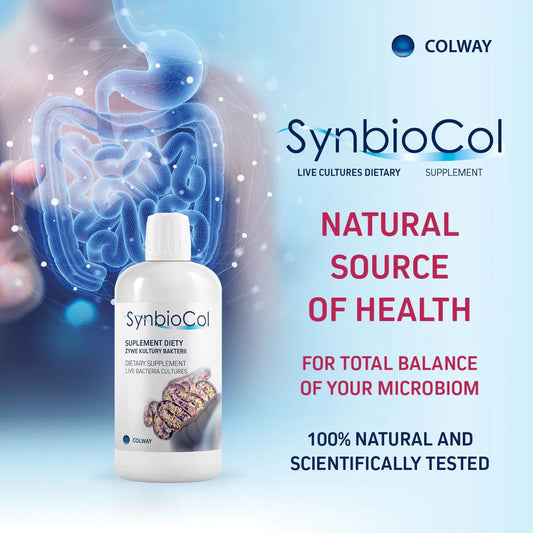Unlocking the Benefits of Vitamin E for Blood, Brain, and Skin Health
As humans, we require various essential nutrients to maintain a good state of health. Among these essential nutrients, Vitamin E is crucial for vision, reproduction, and the health of the blood, brain, and skin. It is an important antioxidant that helps protect the body from damage caused by free radicals. In this article, we will dive deep into the importance of Vitamin E and its role in our overall well-being.
What is Vitamin E?
Vitamin E is a fat-soluble vitamin that exists in eight different forms, with alpha-tocopherol being the most active and widely available form. It is a potent antioxidant that helps protect the body from the damage caused by free radicals, which are unstable molecules that can cause cellular damage and lead to various diseases.
The Importance of Vitamin E for Vision
Vitamin E plays an important role in maintaining eye health. It helps protect the eye from oxidative stress and damage caused by free radicals. It is also known to reduce the risk of age-related macular degeneration, a leading cause of blindness in older adults.
The Role of Vitamin E in Reproduction
Vitamin E is essential for reproductive health in both men and women. It helps improve sperm quality in men and plays a crucial role in the development of the fetus during pregnancy. Studies have shown that Vitamin E can reduce the risk of pregnancy complications, such as pre-eclampsia.
Vitamin E and Blood Health
Vitamin E is known to play a vital role in maintaining the health of our blood. It helps prevent the oxidation of LDL cholesterol, which can lead to the buildup of plaque in the arteries and increase the risk of heart disease. Vitamin E also helps improve blood flow and prevents blood clots, reducing the risk of stroke.
Vitamin E and Brain Health
Vitamin E is essential for maintaining brain health and cognitive function. It helps protect the brain from oxidative stress and damage caused by free radicals, reducing the risk of Alzheimer's disease and dementia. Studies have also shown that Vitamin E can help improve memory and overall cognitive performance.
The Role of Vitamin E in Skin Health
Vitamin E is a powerful antioxidant that helps protect the skin from damage caused by UV rays, pollution, and other environmental stressors. It helps improve skin hydration, reduces the appearance of fine lines and wrinkles, and promotes a healthy, glowing complexion.
Genetic Testing for Vitamin E
As we mentioned earlier, Vitamin E is an essential nutrient for maintaining good health. That's why it is included in the new items studied in our genetic test. Our genetic test can help identify genetic variations that may affect the body's ability to absorb and utilize Vitamin E. This information can help you make better-informed decisions about your diet and lifestyle and optimize your overall health.
Conclusion
Vitamin E is an essential nutrient for maintaining good health. It plays a crucial role in maintaining the health of our vision, reproduction, blood, brain, and skin. It is a potent antioxidant that helps protect the body from damage caused by free radicals. Genetic testing can help identify genetic variations that may affect the body's ability to absorb and utilize Vitamin E. Ensuring adequate intake of Vitamin E through diet or supplements can optimize overall health and well-being.
FAQs
- How much Vitamin E do I need daily?
The recommended daily intake of Vitamin E for adults is 15 mg.
- Can I get enough Vitamin E from my diet alone?
Vitamin E is found in various foods, including nuts, seeds, leafy greens, and vegetable oils. However, it can be challenging to get enough Vitamin E from diet alone, and supplements may be necessary.













